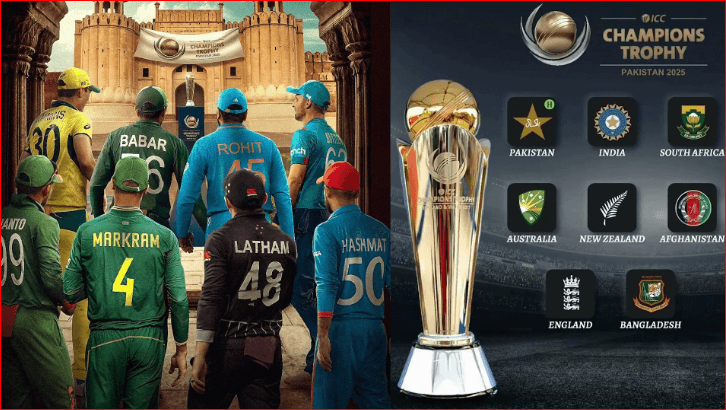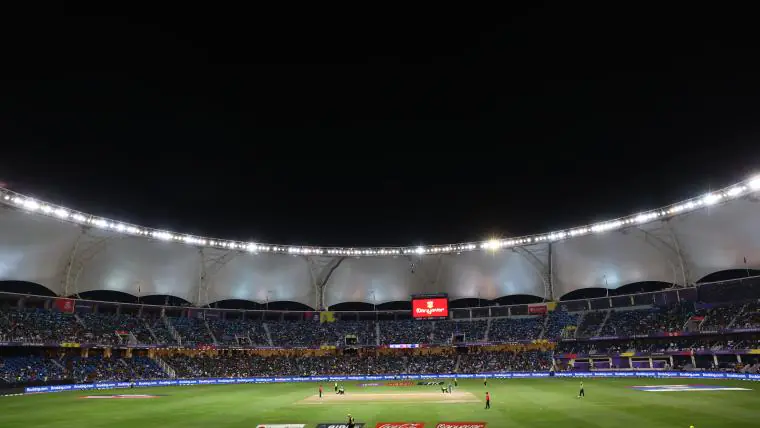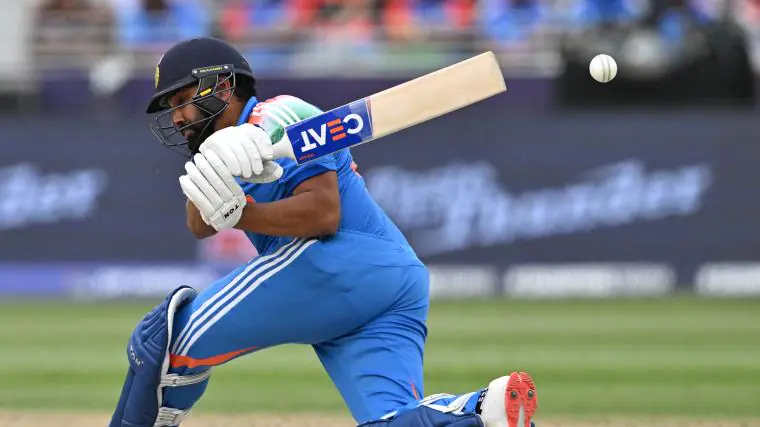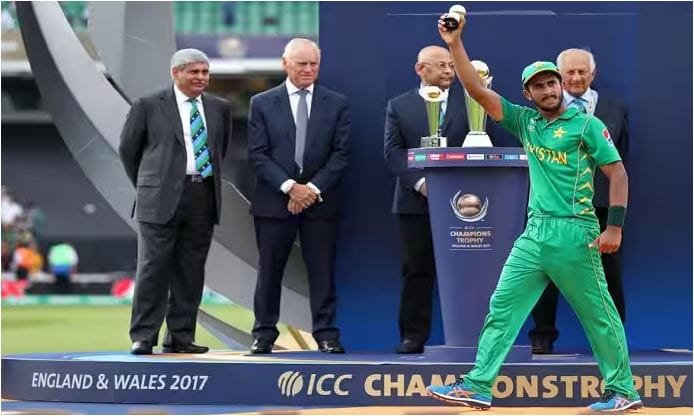
India’s refusal to play in Pakistan for the ICC Champions Trophy 2025 has created significant buzz in the cricketing world. This decision has led to discussions about the possible implementation of a hybrid model for the tournament. Let’s delve into the reasons behind this decision, the potential implications for the Champions Trophy, and what the hybrid model might look like.
Background of India-Pakistan Cricket Relations
Cricketing relations between India and Pakistan have always been influenced by the political climate. The two nations have a storied rivalry on the cricket field, but off-field issues have often affected their bilateral series. Security concerns, political tensions, and diplomatic standoffs have frequently impacted cricket tours between the two countries.
India’s Stance on Playing in Pakistan
India’s reluctance to play in Pakistan is primarily driven by security concerns. The safety of players is paramount, and recent geopolitical tensions have heightened these concerns. The Board of Control for Cricket in India (BCCI) has cited these issues as the main reason for not participating in matches hosted in Pakistan.
The Hybrid Model Proposal
To ensure the Champions Trophy 2025 goes ahead smoothly, a hybrid model has been proposed. This model suggests splitting the tournament’s matches between Pakistan and a neutral venue, possibly the UAE or Sri Lanka. The hybrid model aims to address security concerns while ensuring that Pakistan retains its status as a co-host.
Advantages of the Hybrid Model:
- Safety: Ensures the safety of all participating teams by holding matches in secure locations.
- Inclusivity: Allows Pakistan to host some matches, maintaining their hosting rights.
- Viewership: Ensures maximum viewership and engagement from fans worldwide, as matches can be played in neutral venues with significant expatriate populations.
Impact on the Tournament
The implementation of a hybrid model would be unprecedented for an ICC event but not entirely new. The Asia Cup 2023 faced a similar situation, where India refused to travel to Pakistan, leading to a hybrid hosting model. If the Champions Trophy follows this precedent, it could set a new standard for dealing with geopolitical issues in international sports.
Reactions from the Cricketing World
The cricketing community has mixed reactions to this development. Some stakeholders believe the hybrid model is a pragmatic solution, balancing safety and inclusivity. Others argue that it undermines the spirit of international tournaments, where the host nation should fully embrace the event.
Key Voices:
- BCCI: Stands firm on their decision, emphasizing player safety.
- PCB: Expresses disappointment but shows willingness to cooperate for the tournament’s success.
- ICC: Aims to mediate and find a solution that satisfies all parties involved.
Historical Context
India and Pakistan have a history of playing at neutral venues due to political tensions. In the past, UAE has often served as a neutral ground for bilateral series and tournaments involving these two nations. The hybrid model for the Champions Trophy could be seen as an extension of this practice.
Conclusion
India’s decision not to travel to Pakistan for the ICC Champions Trophy 2025 underscores the complex interplay between sports and politics. The proposed hybrid model represents a compromise that seeks to ensure the tournament’s success while addressing security concerns. As the situation evolves, it will be crucial for all stakeholders to collaborate and find a solution that upholds the spirit of the game and ensures the safety of all participants.
Check out the Champions Trophy Stats


